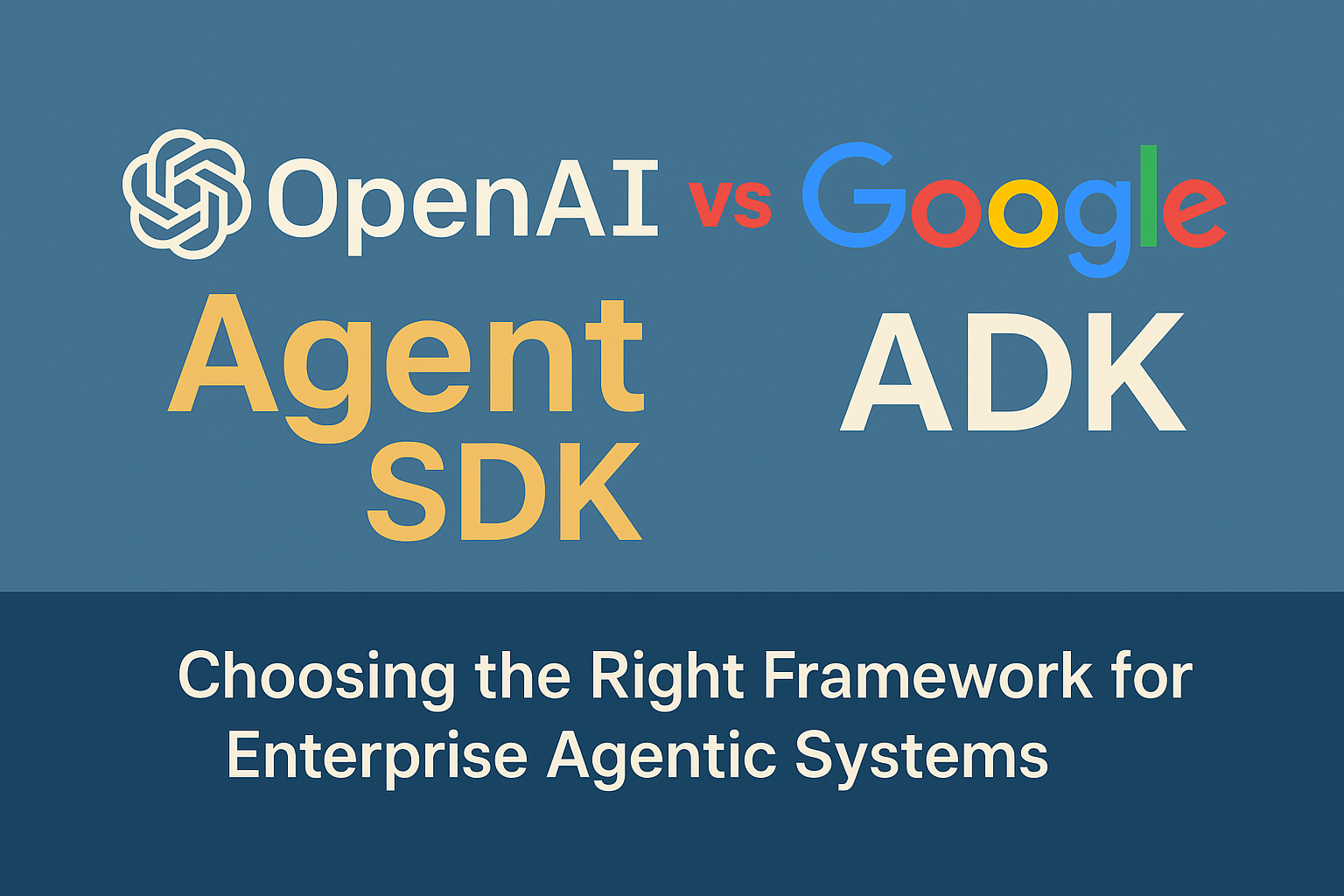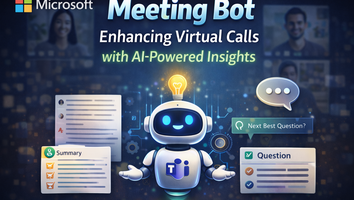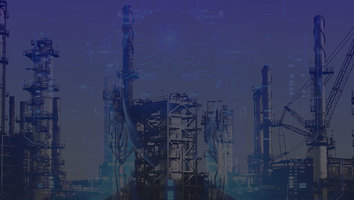As the AI landscape rapidly shifts from isolated applications to autonomous systems, businesses are increasingly exploring the potential of agent-based architectures to drive operational efficiency, automate decision-making, and integrate seamlessly with internal tools. At W3villa Technologies, we help organizations evaluate, implement, and scale intelligent agentic system development tailored to their unique operational needs.
In 2025, two open source AI agents frameworks have emerged as leading contenders for building agentic systems: OpenAI’s Agents SDK and Google’s Agent Development Kit (ADK). While both aim to simplify the development of AI agents, their philosophies, features, and ecosystems differ significantly.
This in-depth comparison is designed for CTOs, AI teams, and enterprise architects who are considering agent-based automation, multi-agent AI systems, or LLM-powered workflows. We’ll evaluate these frameworks across core parameters: architecture, autonomy, integration, flexibility, deployment, and openness.
1. Overview of the Frameworks
OpenAI Agent SDK
The OpenAI Agent SDK is a lightweight, Python-native toolkit for building intelligent agents. Originally a successor to OpenAI’s Swarm experiments, it provides three key primitives:
- Agents: LLM-powered actors with instructions and tools.
- Handoffs: A way to pass tasks from one agent to another.
- Guardrails: Safety validations before task execution.
Designed to be minimal, it embraces native Python control flow, enabling rapid development with high flexibility. Developers can define any Python function as a tool, and the SDK auto-generates schemas via Pydantic. It’s optimized for OpenAI’s GPT models but extensible to others.
Google Agent Development Kit (ADK)
Google’s ADK is an enterprise-grade, open-source framework focused on multi-agent collaboration, tool orchestration, and deployment readiness. It’s model-agnostic and supports a range of LLMs (Gemini, Claude, Llama, etc.) via integrations like Vertex AI and LiteLLM.
ADK includes:
- Native support for hierarchical, multi-agent workflows
- Rich tool and service integration (including OpenAPI-based tools)
- Agent memory, state, and evaluation features
- Streaming and multimodal interaction capabilities
- Visual UI and CLI for agent debugging
Its structure is more comprehensive, aimed at production-grade systems involving complex agent hierarchies, making it ideal for ADK-based multi-agent system development and even ADK simulation system developers targeting use cases like logistics, finance, and smart cities.
2. Architecture & Design
OpenAI SDK: Simplicity First
The SDK adopts a minimalistic architecture. Each agent runs in a loop, reasoning through tasks using LLM outputs. Multi-agent systems are achieved via Handoffs, where one agent delegates to another as a tool. Developers orchestrate coordination manually through Python code.
Ideal For:
- Single-agent workflows
- Prototyping with GPT models
- Teams needing quick setup and Python-native control
Google ADK: Built for Complexity
ADK supports structured workflows, hierarchical delegation, and even non-LLM logic. Agent types include:
- LlmAgent (for LLM-backed reasoning)
- WorkflowAgent (sequential, parallel, looping logic)
- BaseAgent (custom logic)
The Agent2Agent (A2A) protocol standardizes communication between agents. ADK’s internal state management supports memory persistence and context handling, perfect for organizations seeking enterprise ADK integration services or those looking to outsource ADK development to speed up delivery.
W3villa’s Take
If your organization requires long-running agentic processes with distributed decision-making, Google ADK’s layered design is a clear advantage. For straightforward task flows, OpenAI’s SDK offers simplicity and agility.
3. Integration with Tools & APIs
OpenAI SDK: Python-First Integration
Any Python function becomes a tool. The SDK auto-generates schemas and validates inputs using Pydantic. This allows flexible integration with APIs, databases, and internal systems by simply wrapping them in Python.
However, deeper integrations (like OpenAPI specs, native connectors) are left to developers. It aligns tightly with OpenAI’s tools (e.g., file search, web browsing) but can be extended manually.
Google ADK: Integration at Scale
ADK includes a large pre-built toolset, supports importing OpenAPI specs to generate tools automatically, and can wrap third-party libraries like LangChain. Native support for Google Cloud services (BigQuery, Gmail, etc.) and broader compatibility via Vertex AI offers wide integration flexibility, especially for companies seeking ADK integration services or a trusted Application Development Kit solutions provider.
W3villa’s Take
Google ADK significantly reduces development time when integrating enterprise APIs and tooling ecosystems. For clients needing API-centric agents, this is a compelling advantage—particularly for those looking to hire ADK developers with toolchain expertise.
4. Agent Autonomy & Collaboration
OpenAI SDK
Agents can reason in multi-step loops, using tool outputs to guide next actions. Multi-agent systems rely on chained handoffs, which are sequential and developer-coordinated. There's no built-in scheduler or memory; autonomy is scoped to the current task context.
Google ADK
ADK was designed with multi-agent autonomy in mind. Agents can run concurrently, delegate intelligently, and maintain long-term memory. The A2A protocol supports negotiation and communication. Agents can be LLM-driven or hard-coded for deterministic logic.
W3villa’s Take
For complex, parallel workflows such as real-time alerting agents that alert, diagnose, and respond, ADK provides better architecture. It’s the preferred choice for companies in need of ADK agent-based system development.
5. Flexibility & Customization
OpenAI SDK
Highly flexible due to its minimalism. You can inject custom logic anywhere using native Python. It doesn’t restrict you with abstract layers or DSLs, and integrating with libraries like LangChain is straightforward.
Google ADK
Flexibility via modularity. ADK supports hybrid systems: deterministic agents and LLM-powered agents can coexist. You can build agents that orchestrate others, wrap external services, or route tasks dynamically.
W3villa’s Take
Google ADK offers flexibility with structure, making it ideal for enterprises seeking professional ADK consulting services, scalable ADK solutions, or ADK application development experts.
6. Deployment & Cross-Platform Support
OpenAI SDK
- Runs as a Python package
- Deployable on any backend (Flask, FastAPI, etc.)
- Cloud-agnostic (GCP, AWS, Azure, etc.)
- No built-in UI; developer must manage infra
Google ADK
- Comes with containerization support
- Built-in web UI and CLI
- Integrated with Vertex AI and Cloud Run for scaling
- Also supports local testing and CLI-based agents
W3villa’s Take
Google ADK is more enterprise-ready in terms of deployment and monitoring, an excellent choice for companies pursuing ADK implementation services or Agent Development Kit support and maintenance.
7. Ecosystem Maturity & Community Support
OpenAI SDK
- Strong developer momentum
- GitHub stars, tutorials, and sample agents growing fast
- Native fit for GPT-4/3.5 use cases
Google ADK
- Built on Google’s internal tools, released in April 2025
- Integrated with Google’s Agent Engine and Model Garden
- Backed by Google’s cloud infrastructure
W3villa’s Take
OpenAI SDK has more community buzz at the moment. Google ADK, however, is enterprise-engineered and aligns well with complex business systems and those seeking Agent Development Kit development outsourcing or full-scale Agent Development Kit project development.
Final Verdict: Which Should You Choose?
|
Factor |
OpenAI Agent SDK |
Google ADK |
|
Simplicity |
Easy to learn |
Higher complexity |
|
Multi-agent support |
Manual orchestration |
Native support |
|
Integration with APIs |
Python-based tools |
Pre-built plus OpenAPI tools |
|
Deployment |
Flexible but manual |
Scalable, managed-ready |
|
Model openness |
Customizable |
Multi-provider support |
|
Ideal for... |
Prototyping, simple flows |
Scalable systems |
W3villa’s Recommendation
For enterprises exploring multi-agent architectures, complex planning, or tool-rich ecosystems, Google ADK offers a scalable, production-ready foundation with minimal compromises. It’s the perfect fit for clients seeking a reliable ADK software development company or experienced ADK simulation system developers.
For smaller-scale projects or rapid prototyping using OpenAI’s models, OpenAI SDK provides an elegant, flexible, and minimal setup that your team can customize quickly.
At W3villa, we offer complete Agent Development Kit ADK development services. Whether you’re looking to outsource ADK development, consult with ADK application development experts, or require enterprise ADK integration services, our engineers are ready to help.
Looking to start your Agent Development Kit journey? Contact W3villa — your trusted Application Development Kit solutions provider.



